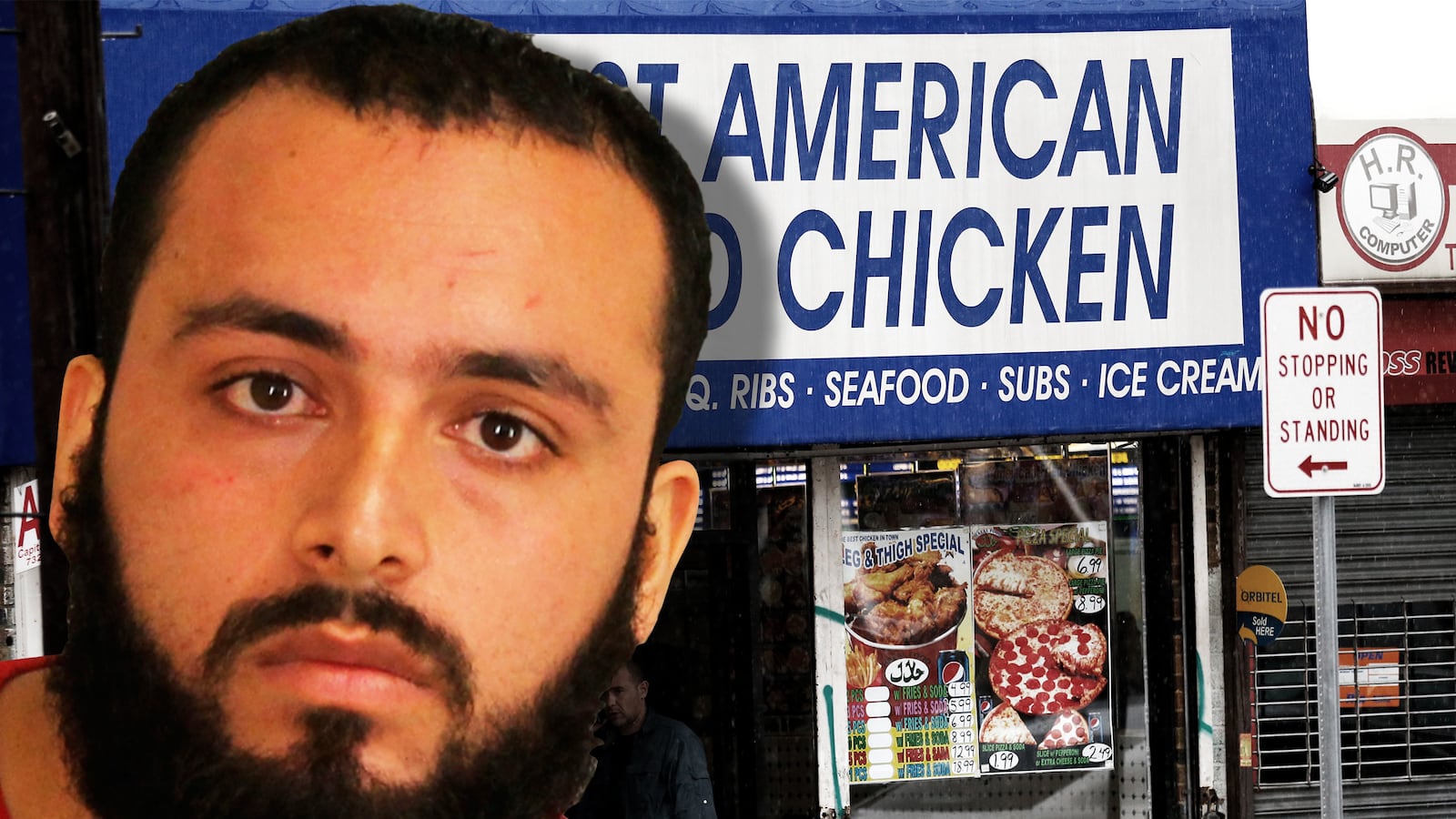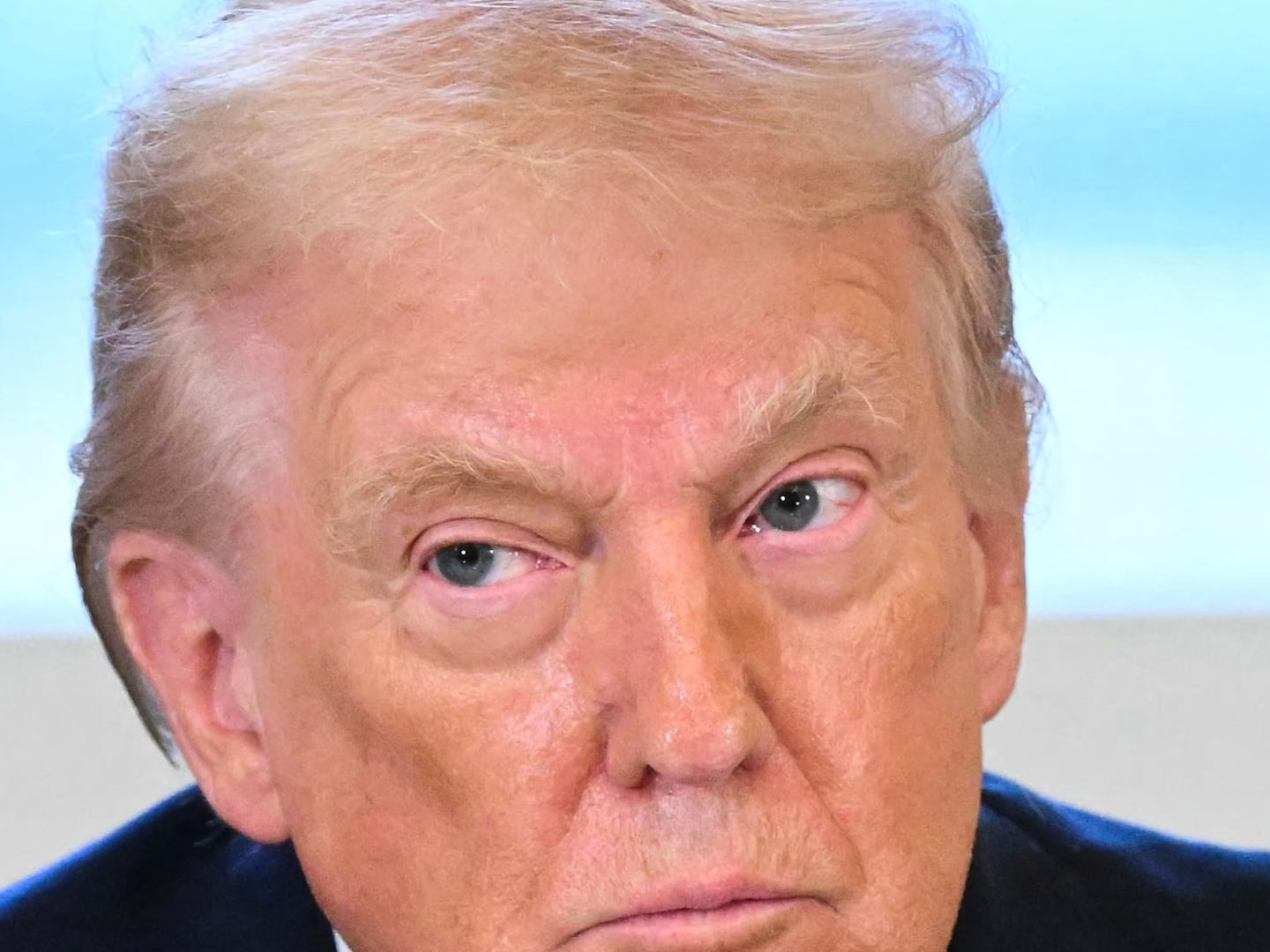An FBI agent tricked accused Chelsea bomber Ahmad Rahimi into surrendering a hair sample by leading Rahimi to believe he was a member of the defense team, according to a motion filed in Manhattan federal court Thursday.
Rahimi and his attorneys allege that the agent’s manner, speech, and approach indicated to Rahimi that he was sent by Rahimi’s lawyers, when the agent was actually collecting evidence for the prosecution. It’s one of a number of allegations listed in a jam-packed motion filed by Rahimi’s team to dismiss some charges and exclude evidence.
The move comes shortly after Rahimi’s lawyers asked for a change of venue for the trial, arguing that press coverage of the September 2016 bombings makes it impossible for Rahimi to get a fair trial in Manhattan. Judge Richard Berman has yet to rule on that motion, but a New Jersey judge denied a similar request. The new motion seeks to dismiss two of eight counts in the indictment against Rahimi, relating to his alleged use of an improvised explosive device, to suppress statements made in the hospital and the hair sample, and to block the government’s expert witness.
Rahimi is charged with planting explosive devices near a military 5K race at the Jersey Shore, in Chelsea, and at a New Jersey train station in September 2016. There were no serious injuries from the blasts, and some of the devices did not explode. Rahimi was arrested after a shootout soon after he was found sleeping outside a bar in Linden, New Jersey.
He has pleaded not guilty to charges including the use of a weapon of mass destruction and bombing a place of public use. (Rahimi’s name has also been spelled as “Rahami” in court documents and news reports.)
The FBI agent who came to collect Rahimi’s hair sample on Dec. 28, 2016, was friendly, according to an affidavit Rahimi filed in support of the motion. The agent referred to one of Rahimi’s attorneys, Sabrina Shroff, but just her first name—as “Sabrina,” the way she is commonly referred to by clients and others working on the defense team.
“The man was wearing a suit and tie,” Rahimi said in his affidavit. “He did not have a badge or any other identification or items displayed on his jacket, shirt, or waistband.”
The agent shook Rahimi’s hand, without introducing himself, and asked how Rahimi was doing, according to the affidavit. He then asked, “Did Sabrina tell you I was coming?” and other questions about Rahimi’s review of evidence in the case.
“When the agent asked me this question, I answered because I understood him to have been sent by Sabrina or her office, and it was natural that she would be inquiring about my progress in reviewing discovery that she had sent to me for my review at [Metropolitan Correctional Center],” Rahimi said in his affidavit. “The agent replied that I should not worry, because I would be sent ‘the most important materials’ that I needed to review later in the week.”
Then the agent said he “just needed a couple of strands” of Rahimi’s hair, a request Rahimi now says he thought was being made on behalf of the defense team. When Shroff, the attorney, came to visit him later that day, Rahimi found out the man had not been a representative from her office but an FBI agent. “The sole and exclusive reason I provided the hair sample to the agent was because I believed that he was working for Sabrina and my attorneys at the federal defenders and that the sample was being taken in the connection with their defense of my case,” he wrote.
Going around Rahimi’s lawyers instead of presenting them with the search warrant “violated Mr. Rahimi’s Fifth and Sixth Amendment rights, as well the New York State Rules of Professional Conduct,” the defense lawyers charge. “Although the government acted pursuant to a search warrant, the warrant did not authorize the government to communicate directly with Mr. Rahimi outside the presence of his counsel.”
The defense team is asking Judge Berman to block the hair evidence and also to block any statements made during that meeting.
The detailed affidavit, filed Thursday, also asserts that Rahimi was repeatedly questioned in a semi-conscious state while still in the hospital, never read his Miranda rights, and often awoken by agents putting pressure on his body to wake him up. Alongside Rahimi’s affidavit, attorneys submitted FBI notes showing agents questioned Rahimi as he slipped into unconsciousness long after the immediate threat of the bombings had passed.
Rahimi was questioned “on four separate occasions, notwithstanding that he was encumbered by needles and restraints, often unconscious, and effectively held incommunicado, deprived of the assistance of an attorney, family, or friends,” attorneys said. He had been hospitalized after being shot 11 times in the course of his arrest.
Law-enforcement interrogations began on Sept. 27, 2016, and lasted for two more days, according to the motion. This was eight days after “officials announced that all persons believed to be responsible for placing the [explosive] devices had been found and that no one else was being sought” on Sept. 19, the motion said. By that point, Rahimi already had an attorney in at least one of the cases in which he was facing charges, but neither that attorney nor the federal defenders were present for the interrogations.
During that first interrogation, a surgeon told FBI agents that “it was unlikely that [Rahimi] was fully coherent,” according to FBI records filed with the motion. But Rahimi was interrogated for 30 minutes nonetheless, shaking his head yes or no for answers because he was intubated. “But Mr. Rahimi does not recall responding to the agents’ questions,” his lawyers allege. They say he eventually became “unresponsive” and that doctors told the agents Rahimi was “fading into an unconscious state.” The interrogation ended when Rahimi was taken to surgery for a tracheotomy, according to the motion.
During the second interrogation the next morning, Rahimi again mouthed and nodded answers to the agents, the motion reads. But it adds that his medical records note that his mouthing was “not discernable.” A third interrogation “stopped only when Mr. Rahimi lost consciousness and needed resuscitation,” according to the motion. A yellow fluid had begun to seep from his mouth.
“On some occasions, I would wake up naturally to find the agents standing over me, and then they would begin to ask me questions,” Rahimi wrote of the three-day period. “On other occasions, I would feel a push or pressure. The pressure would wake me, and I would find the agents there next to my bed. They would then begin questioning me.”
“I do not recall the agents telling me that I was under arrest,” he continued. “I do not recall the agents ever giving me the ‘Miranda warnings’ before asking me questions.”
Prosecutors said earlier that they would not seek to introduce a hospital statement by Rahimi at trial, though Assistant U.S. Attorney Nicholas Lewin said it was taken under the “public safety” exception to Miranda rules. The exception allows agents to interrogate someone without informing them of their Miranda rights if they believe there is an imminent threat to public safety. The defense motion “focuses on the grounds for precluding the government from using the statements for any other purpose.”






